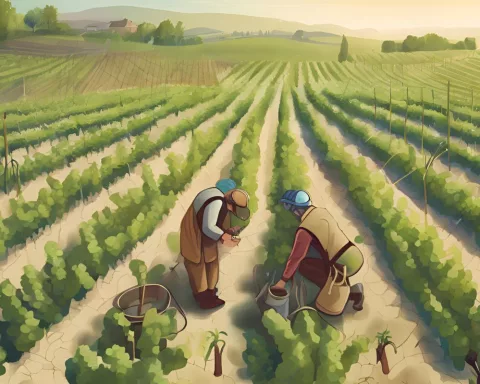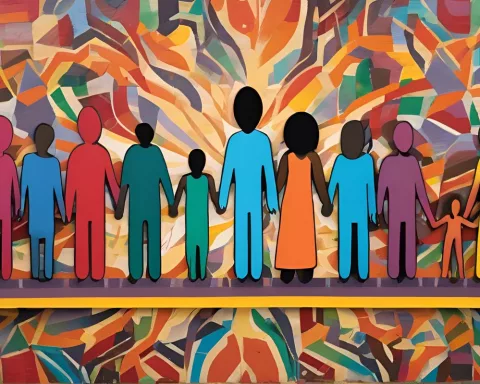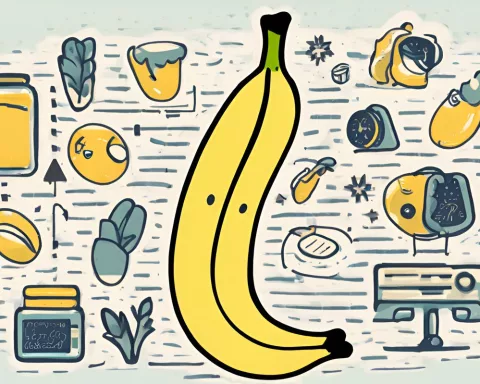Namibia Hosts the 7th AfricaSan Conference
Namibia welcomes participants to the 7th Africa Sanitation (AfricaSan) Conference, with Minister of Water and Sanitation, Senzo Mchunu, leading the South African delegation. Organized by the African Ministers’ Council on Water (AMCOW) and the African Union (AU) Commission, the conference gathers ministers, high-ranking civil servants, academics, private sector representatives, and civil society to discuss sanitation and hygiene across the continent.
Taking place from November 6 to 11, 2023, in Swakopmund, Namibia, the conference features technical sessions on various sanitation and hygiene-related subjects. Deputy Directors-General for Water and Sanitation Services and International Relations, Mr. Risimati Mathye and Ms. Lindiwe Lusenga, guide the advance teams participating in these sessions. On November 10, Minister Mchunu participates in a high-level Ministerial Dialogue with other AMCOW member states to discuss conference results and decisions.
Minister Mchunu underlines the significance of sanitation in ensuring human dignity, health, and prosperity and recognizes the AfricaSan7 Conference’s role in addressing sanitation challenges on the continent. He emphasizes South Africa’s cooperative approach to sanitation, involving multiple stakeholders such as scientific organizations and the private sector.
AfricaSan Conference Focuses on Strengthening Systems and Partnerships
This year’s conference theme is “Strengthening Systems and Partnerships for Accelerated Action on Safely Managed Sanitation and Hygiene.” Since its beginnings in 2002 in South Africa, the AfricaSan Conference has served as a forum for dialogue about sanitation and hygiene issues in Africa, exchanging knowledge and identifying technical and political solutions.
The global COVID-19 pandemic has highlighted the vital role of clean water, safe sanitation, and proper hygiene practices for health and productivity. Handwashing with soap and water is a simple yet powerful method to reduce the spread of harmful pathogens. Despite this, millions of Africans lack access to basic drinking water and sanitation services, with many still practicing open defecation.
At the 4th AfricaSan Conference in Dakar, Senegal, in 2015, ministers and delegates adopted the Ngor Declaration on sanitation and hygiene. The declaration aims to achieve universal access to adequate and sustainable sanitation and hygiene services and eradicate open defecation by 2030. It includes ten commitments that align with the Sustainable Development Goals (SDGs).
South Africa’s Progress on Ngor Declaration Commitments
South Africa’s Department of Water and Sanitation (DWS) has made advances in two of the Ngor Declaration’s commitments. Commitment 2 focuses on mobilizing support and resources at the highest political level for sanitation and hygiene, making it a priority in national development plans. Strategic plans that have influenced South Africa’s shift in sanitation management include the National Development Plan (NDP), National Water and Sanitation Master Plan (NWSMP), National Sanitation Policy, and Industrial Action Policy Plan.
Commitment 7, which aims to progressively eliminate untreated waste and promote its productive use, has led DWS to rejuvenate the Green Drop Certification Program and develop the National Faecal Sludge Management Strategy.
The 7th AfricaSan Conference not only showcases progress in enhancing sanitation and hygiene but also reemphasizes the importance of regional collaboration and commitment. As African countries strive to achieve the ambitious vision of the Ngor Declaration and the SDGs, the conference serves as a critical platform for exchanging knowledge and best practices, ultimately improving sanitation and hygiene for millions of individuals.








